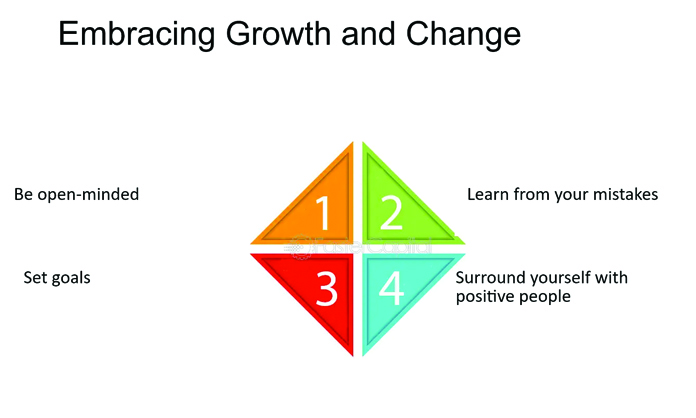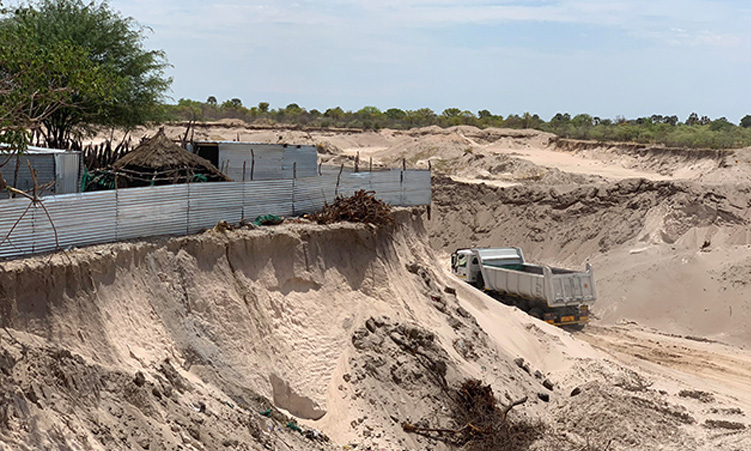In the fast-paced world of today, the ability to learn from our experiences and apply those lessons to future endeavours is becoming increasingly crucial.
Reflective learning, a practice that involves actively analysing and evaluating one’s experiences, is emerging as a powerful tool for personal and professional growth. This method of learning goes beyond simply acquiring knowledge; it focuses on understanding the deeper implications of our actions and decisions.
Reflective learning encourages individuals to pause, introspect and consider how their past experiences have shaped their perspectives, attitudes and behaviours.
By taking the time to reflect on both successes and failures, individuals could gain valuable insights that could inform their future actions. This process of self-examination fosters self-awareness, critical thinking and a growth mindset, which are essential qualities for success in today’s dynamic and competitive environment.
One of the key benefits of reflective learning is its role in enhancing decision-making skills. By reflecting on past decisions and their outcomes, individuals can identify patterns, recognise their strengths and weaknesses, and make more informed choices in the future.
This iterative process of learning from experience could lead to more effective problem-solving, increased resilience in the face of challenges and a greater capacity for innovation.
Moreover, reflective learning is essential for professional development and continuous improvement. By reflecting on their performance and seeking feedback from others, individuals can identify areas for growth and development.
This feedback loop enables individuals to set meaningful goals, track their progress, and make adjustments along the way. In a rapidly changing job market, the ability to adapt and learn from experience is a valuable asset that could help individuals stay relevant and competitive in their careers.
In conclusion, reflective learning is not just a valuable skill; it is a mindset that could lead to profound personal and professional growth. By embracing reflective learning, people could cultivate a deeper understanding of themselves, develop critical thinking skills, and adapt more effectively to the challenges they face.
L Enock Simasiku
Stay informed with The Namibian – your source for credible journalism. Get in-depth reporting and opinions for
only N$85 a month. Invest in journalism, invest in democracy –
Subscribe Now!









